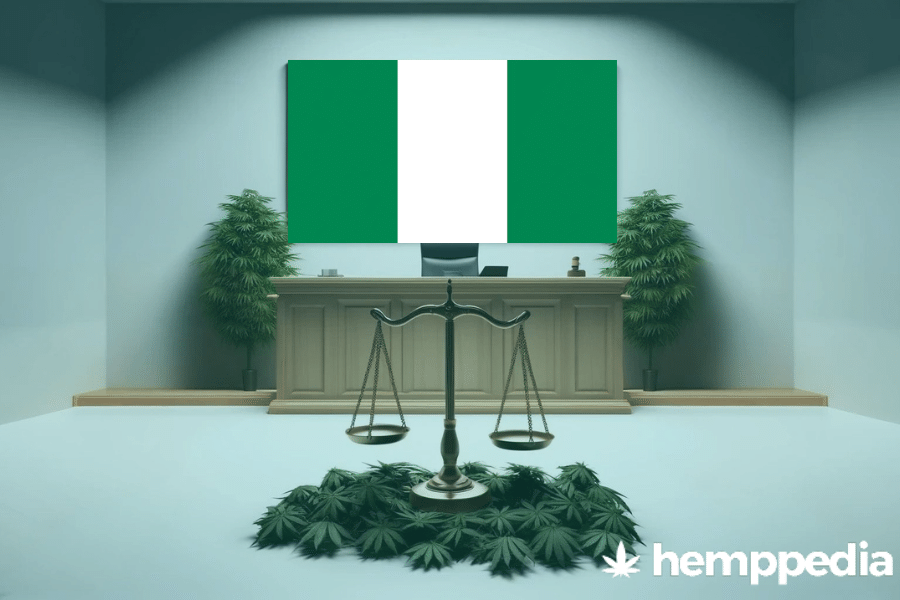Is CBD Legal in Nigeria? A Comprehensive Discourse
TL;DR
The legality of CBD in Nigeria is not explicitly defined within current legal frameworks leading to ambiguity and uncertainty. Current drug laws in the country strictly prohibit cannabis, but there’s no definitive mention of CBD.
It must be emphasized that while there is a global trend towards CBD regulation, there is a considerable grey area in terms of its categorization and enforcement within Nigerian law, leading to fluctuating interpretations among citizens and law enforcement officials alike.
Overview of CBD Legislation
Cannabidiol (CBD) is one of over 100 cannabinoids found within the cannabis plant. It differs from the more famous Delta-9-tetrahydrocannabinol (THC) as it does not produce psychoactive effects – unlike THC, CBD cannot get one ‘high’.
Despite the vast difference in their effects, CBD and other cannabis products remain lumped together from a legislative perspective in many parts of the world, including Nigeria.
CBD, if derived from hemp which contains less THC as opposed to marijuana, is largely legalized in numerous countries accounting for its wide range of medicinal uses. However, Nigerian laws, namely the 1990 NDLEA Act, does not differentiate between Marijuana and Hemp.
Historical Context
The legal history of CBD in Nigeria is scarce, and major legal changes concerning CBD have been in tandem with international narcotics laws, which view all derivatives of cannabis as illegal substances.
Possession, Use, Cultivation and Sales
At face value, the laws of Nigeria appear to prohibit the possession, use, cultivation and sales of CBD. The NDLEA Act states “all narcotic drugs and psychotropic substance…including cannabis” as illegal, leading to the interpretation that CBD falls within this category.
Brittle legality conveys that the importation, exportation and cultivation of hemp (the plant from which CBD is derived) into/from Nigeria is likely to be considered illegal under the current laws.
Enforcement and Penalties
Enforcement of regulations on CBD is murkier still, as authorities may navigate the cornerstones of nascent precedent to shape their decisions. Consequences of these violations can range from monetary penalties to criminal charges, dependent on the quantity, intent of use and prior criminal record.
Accessing CBD for medical purposes is currently not officially recognized within Nigeria, which given its medicinal benefits observed in other nations, leaves much room for development.
Comparative Analysis
As compared to nations like the U.S. and Canada (where the medical and recreational use of CBD is legal), Nigeria trails behind. This highlights not only a gap in legislation but also an opportunity to harness the potential economic and medicinal benefits of CBD.
Conclusion
In conclusion, while the legality of CBD in Nigeria is ambiguous, it is subject to the general prohibitory stance of Nigerian governments thus far on cannabis. The growing global recognition and economic importance of CBD references an exciting direction for an update in legislation, providing a pathway for a new medical and economic tool in the country. Yet, for this to happen, a clear differentiation in law is necessarily required between hemp and marijuana and between CBD and THC.





